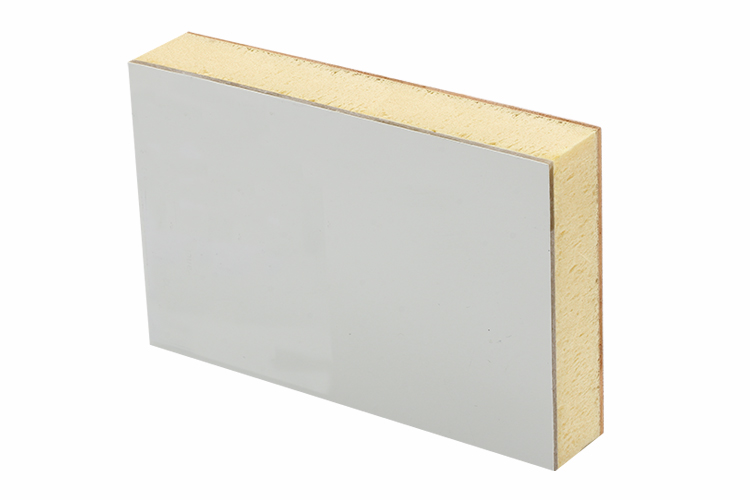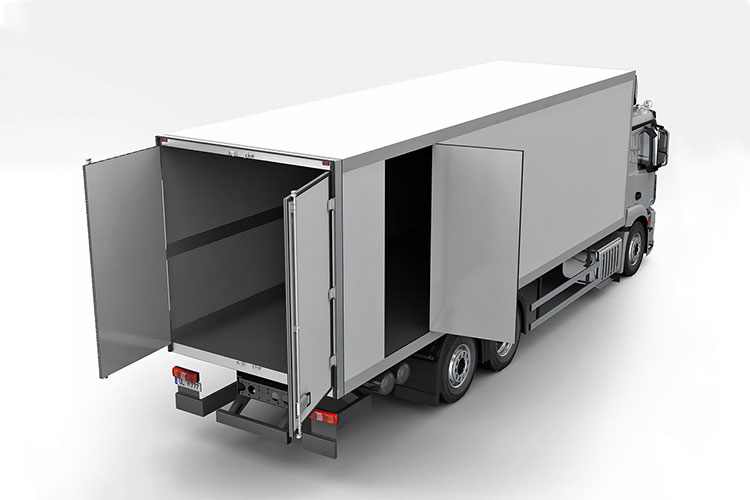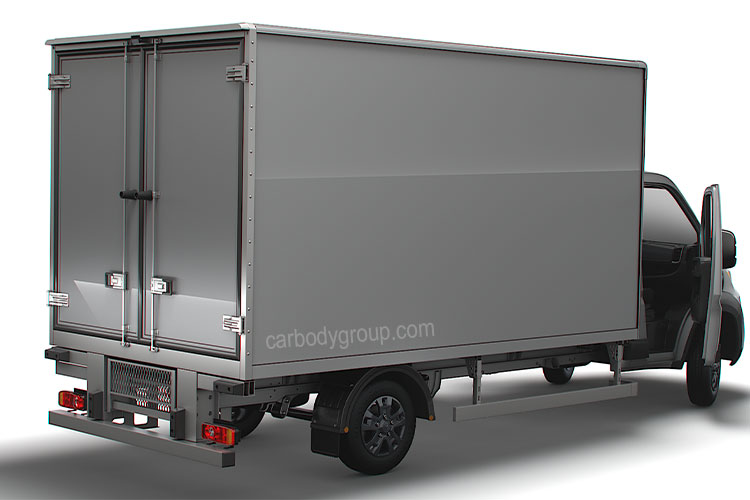When transporting perishable goods, the reliability and service life of box refrigerated trucks (also known as refrigerated trailers, freezer trucks, or chilled trucks) are particularly critical. Understanding the typical service life of a refrigerated truck is important for vehicle maintenance, vehicle replacement, and investment decisions. So, what is the durability of a refrigerated truck? Let’s talk about it.
Components of a Refrigerated Truck
- Refrigeration unit: This is the main part of the refrigerated truck. Simply put, it cools the cargo area.
- Insulated box or trailer: This is where the cargo goes, and it helps limit heat from getting in, as long as the right temperature is kept.
- Power source: Refrigeration units are available as either diesel-driven or fully electric-driven.
Factors Affecting the Service Life of Refrigerated Trucks
The service life of a refrigerated truck is affected by a variety of factors, including component quality, maintenance methods and usage habits. We’ll discuss these factors in more detail below.
Component quality
High-quality parts are the foundation of a reefer truck’s longevity. Choose a trusted and technologically advanced partner, such as CarbodyGroup’s customized refrigerated truck bodies, which feature premium insulation that significantly improves vehicle durability.
Maintenance Methods
Regular maintenance is an important factor in prolonging the service life of refrigerated trucks. It involves regular inspections, prompt repairs and preventive measures to ensure that each component is in optimal working condition. If maintenance is neglected, it will lead to breakdowns and high repair and modification costs, thus reducing the service life of the truck.
Usage Mode
Trucks that are often overloaded or traveling on uneven terrain experience more severe wear and tear, and frequent start-stop cycles can also add to the burden on the refrigeration unit and engine, which can accelerate their aging.
What Is the Average Service Life of a Refrigerated Truck?
A well-maintained refrigerated truck can last 8 to 15 years, assuming it runs 8 hours a day year-round. The total operating hours are between 20,000 and 40,000 hours. However, the factors mentioned previously will affect the life of a truck, and if the trucks are of good quality and well maintained, they can last longer than this period. Nonetheless, their maintenance will significantly affect their lifespan; for example, when a truck is 8 years old but poorly maintained, it will need to be replaced.
| Item | Details |
| Normal Service Life | 8-15 years |
| Daily Use | 8 hours per day |
| Annual Usage | 365 days per year |
| Total Usage Hours | 20,000 – 40,000 hours |
| Warranty Plan | Provided by most suppliers |
| Used Refrigerated Truck Warranty | Generally not covered by warranty |
The Difference Between Refrigerated Trailers and Refrigerated Trucks
Refrigerated trucks are an integrated design suitable for short-distance urban delivery, with good maneuverability but smaller capacity; while refrigerated trailers require a tractor to tow, are suitable for long-distance transportation and bulk goods, and provide larger cargo space and greater flexibility.
Tips for Extending the Life of Your Refrigerated Trucks
To maximize the life cycle of refrigerated trailers and refrigerated trucks, it is necessary to perform regular, professional maintenance and repairs. By recognizing potential problems early and taking effective repair measures, breakdowns can be prevented and vehicle maintenance costs reduced.
Maintenance of Key Parts
The main components of refrigerated trucks are refrigeration units, heat preservation and sealing performance, etc. Regular overhaul and maintenance of these components can significantly extend the overall service life of refrigerated trucks.
1. Maintenance of Refrigeration Units
The refrigeration system of the refrigerated truck needs to be inspected and maintained on a regular basis. It is recommended to check the belt drive and overall function etc. every 2-3 hours. Typically, the oil filter needs to be changed every 30,000 hours of operation or every 2-3 years. In addition, a routine inspection is required every 800 hours of operation to identify potential problems in advance and prevent major breakdowns.
| Event | Frequency |
| Refrigeration Unit Inspection and Maintenance | Every 2-3 hours |
| Oil Filter Replacement | Every 1500 hours or 2-3 years |
| Oil Change | Every 4000 hours |
| Regular Inspection | Every 800 hours of operation |
2. Daily Self-Check
- When loading, make sure there is enough space around the goods to allow for air circulation.
- Start the cooling system 1 hour before loading to ensure that the temperature inside the vehicle reaches the set standard.
- Clean the inside of your refrigerated truck daily to prevent mold growth and moisture damage.
- Regularly check the operation of the refrigeration system to ensure that there is no condensation.
- Monitor the temperature changes in the vehicle at all times to ensure that the temperature remains within a safe range.
- Regularly check the controls of your refrigeration equipment to prevent malfunctions.
| Event | Frequency |
| Check Air Circulation Around Cargo | Before each loading |
| Pre-start Refrigeration System | 1 hour before loading |
| Daily Clean Truck Interior to Prevent Mold | Daily |
| Regular Testing of Refrigeration Unit Operation | Frequently |
| Check for Condensation | Frequently |
| Continuous Monitoring of Interior Temperature | Continuous monitoring |
| Test Unit Controller | Frequently |
How Do You Improve Insulation, Refrigeration and Freezing?
High-quality insulation materials are key to ensuring efficient operation of refrigerated trucks. CarbodyGroup independently developed FRP panel XPS sandwich panels or FRP panel PU sandwich panels as the outer layer of the body material of refrigerated trucks can significantly improve the insulation effect. These materials are extremely lightweight and extremely tough; they have excellent thermal insulation properties.
High-quality FRP foam composite panel refrigerated truck bodies can effectively extend their service life to 10-20 years. Their excellent thermal insulation performance and strength-to-weight ratio can greatly reduce maintenance costs.
When to Consider Replacement of a Refrigerated Truck?
It’s also important to know when to replace your refrigerated truck. Here are some signs that it may be time for you to consider replacing your truck:
- Frequent Breakdowns: if your truck spends more time in the pits than on the road, it’s time to consider a replacement.
- Increased maintenance costs: Rising maintenance costs may mean that trucks are nearing the end of their useful life
- Reduced efficiency: An inability to maintain a constant temperature or increased fuel consumption are signs of system failure.
- Outdated technology: Newer trucks come with advanced features that can improve efficiency and reliability.








